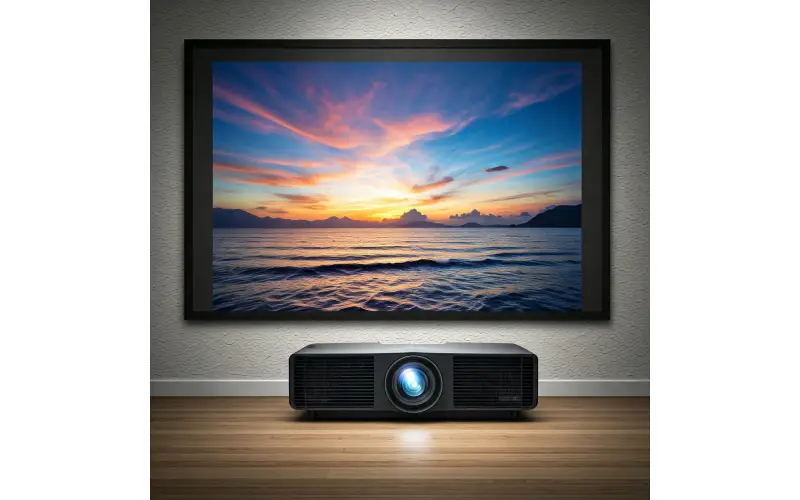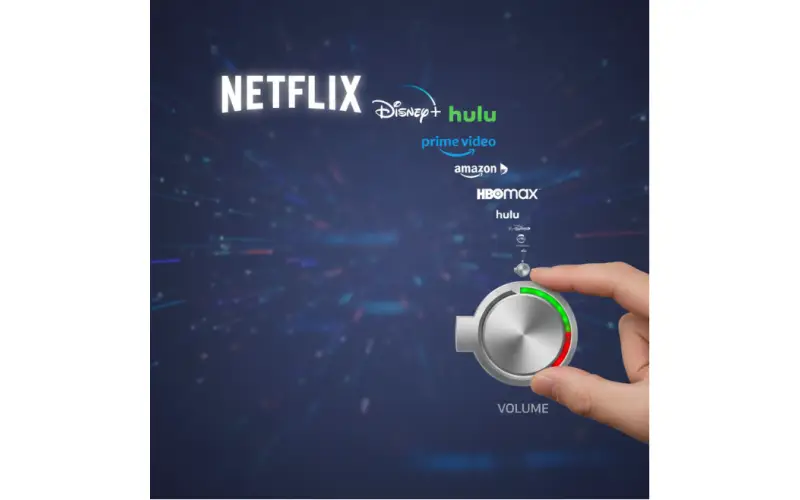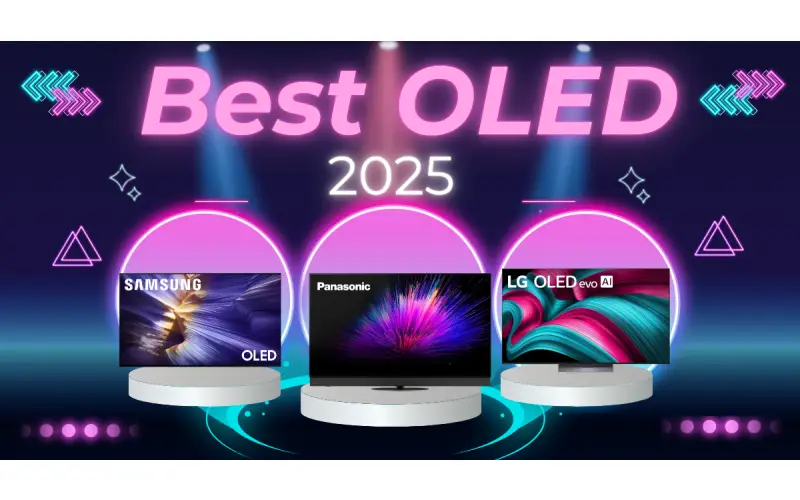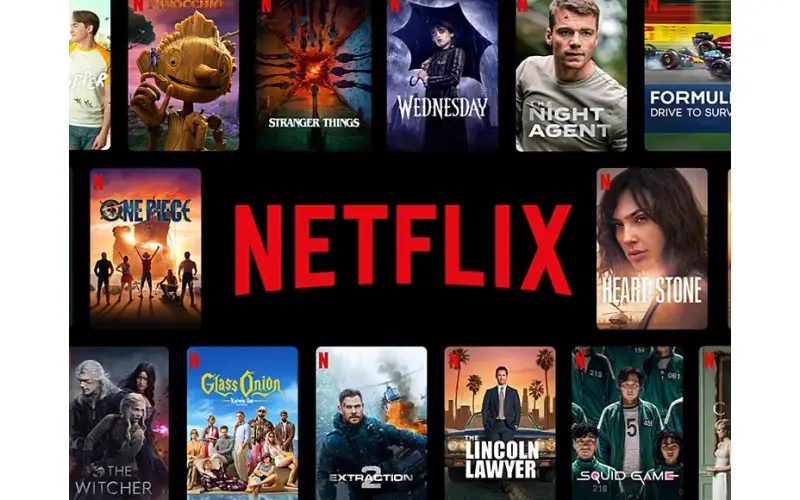By: Dipin Sehdev
Epson has taken a commendable stand against misleading advertising practices in the projector industry, securing settlements with AWOL Vision and JmGo that will ensure greater transparency and accuracy in product specifications.
The settlements stem from Epson's lawsuits against these companies, which highlighted inflated brightness claims for their respective projector models. AWOL Vision's LTV-3000 Pro (89% CE Critic Score) and LTV-2500 (83% CE Critic Score) projectors were initially advertised with brightness levels of 3,000 lumens and 2,600 lumens, respectively. However, these figures did not adhere to the ISO 21118 standard, the internationally recognized benchmark for measuring projector brightness.
Thanks to Epson's intervention, AWOL Vision has agreed to revise its specifications to reflect ISO 21118 compliance. The LTV-3000 Pro's brightness will now be accurately listed at 2,000 lumens, and the LTV-2500 will be adjusted to 1,700 lumens. This ensures that consumers have access to truthful information and can make informed purchasing decisions based on realistic brightness expectations.
Similarly, JmGo has also pledged to adopt ISO 21118 standards for its N1 Ultra, N1 Pro, and U2 projector models. These projectors were previously advertised with inflated brightness ratings of 4,000 lumens, 3,200 lumens, and 2,400 lumens, respectively. Following the settlement, their specifications will be revised to reflect more accurate ISO 21118-compliant measurements: 1,900 lumens for the N1 Ultra, 1,300 lumens for the N1 Pro, and 1,400 lumens for the U2 model.
Epson's commitment to fair play extends beyond these specific cases. The company is actively advocating for the industry-wide adoption of ISO 21118 as the gold standard for projector brightness measurement. This initiative combats the prevalence of misleading metrics like 'Lux' or 'LED lumens' that can confuse consumers and hinder accurate product comparisons.
By promoting transparency and enforcing adherence to established standards, Epson is playing a pivotal role in creating a more trustworthy and reliable projector market. Consumers can now feel confident that the brightness specifications they encounter are based on a legitimate and consistent measurement methodology.
Epson's efforts are a win for both consumers and reputable projector manufacturers. With standardized brightness metrics, consumers are empowered to make informed choices, while projector manufacturers can compete on a level playing field based on the quality and performance of their products.
This is a significant development for the projector industry, and Epson deserves recognition for its leadership in championing transparency and ethical advertising practices.





